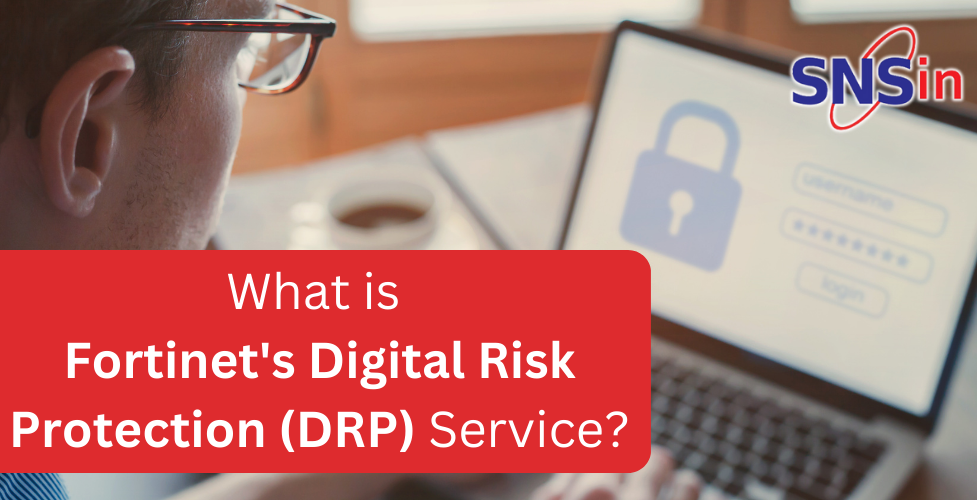The network firewall is the first barrier for internet traffic that goes through a network. The firewall examines the web traffic to ensure it is secure as per the standards set by the organization and blocks any attempts made at securing unauthorized access. In addition to monitoring internet traffic, firewall protection also incorporates automation, sandboxing, and many more integrations. They can neutralize the ability of a cybersecurity hacker to steal credentials by enforcing multi-factor authentication at the network layer.
WHAT IS A NETWORK FIREWALL, AND HOW DOES IT WORK?
Network firewalls are security devices used to break off unauthorized access to private networks connected to the Internet and intranet of an organization. Network firewalls sit at the helm of a network, acting as a communications liaison between internal and external devices. The only traffic allowed on the network is defined through firewall policies – any other traffic attempting to access the network is blocked.
A network firewall is installed and implemented in a way that any data entering or exiting the network has to pass through it. When properly executed, a firewall allows users to access the resources they need while simultaneously keeping out unwanted users, hackers, viruses, worms or other malicious programs trying to access the protected network.
SOFTWARE AND HARDWARE FIREWALLS
Hardware firewalls are installed either as standalone products for corporate use or as a built-in section of a router or other networking device. They are considered a vital part of any conventional security system and network configuration. Hardware firewalls are mostly accompanied by a minimum of four ports that facilitate connections to multiple systems. A more expansive networking firewall solution can also be procured for larger networks.
A basic software firewall is capable of protecting a system from standard control and access attempts but will have trouble with more sophisticated and camouflaged network breaches. Software firewalls are installed on a computer or provided by an operating system or a network device manufacturer. They can be modified to provide a smaller level of control over protection features. However latest software firewalls which are off-shoot of well-known hardware firewall companies which typically run on VMware instances are as good as hardware firewall in terms of features and protection capabilities .
TYPES OF FIREWALLS
Firewalls are reliable in order to secure home and corporate networks. A simple firewall program will sift through the information passing through the network. This process can also be tweaked depending on the requirements of the user(s) and the capabilities of the firewall. There are a number of firewall types that prevent malicious information and malware from passing through a device or network:
- Application-layer firewalls are available as a hardware appliance, software filter, or server plug-in. It layers security mechanisms at the head of defined applications, such as FTP servers, and defines standards for HTTP connections. These rules are defined for each application to help identify and block out attacks on a network.
- Packet-filtering firewalls- This firewall examines every packet that passes through the network and accepts or denies it as per rules set by the user. Packet filtering can be beneficial, but it can be challenging to configure and execute properly. In addition, it could be vulnerable to IP spoofing.
- Proxy server firewalls- This type of firewall checks all messages coming into or leaving a network and obscures the actual network addresses from any external inspection.
- Stateful firewalls- Sometimes referred to as third-generation firewall technology, stateful filtering accomplishes a dual objective: traffic classification based on the destination and packet tracking of interactions between internal connections. These newer technologies enhance usability and assist in expanding access control. A packet’s history is also determined.
- Circuit-level firewalls- This type of firewall applies a variety of security mechanisms once a connection has been made. Packets are exchanged directly between hosts without further filtering.
NEXT-GENERATION FIREWALLS
Next-generation firewalls (NGFW) comprise a blend of a standard firewall with additional functionality to help with greater and more self-reliant network inspection. Some next-generation firewalls can execute a full-packet inspection on encrypted traffic. Additionally, they can implement application-specific and user-specific security policies. This duality helps protect against threats, manages how network bandwidth is allocated across devices and maintains appropriate access controls. NGFWs may also prevent malware from entering the network. Companies can also deploy them at the perimeter, inside the network as core firewalls to manage traffic, or within a host to control virtual workloads.
WHY ARE NETWORK FIREWALLS IMPORTANT?
Without installing firewalls, if a computer is directly connected via ethernet, then any network service that is running on that device may become accessible to unauthorized outsiders. Additionally, any device that is connected to the internet is also potentially at risk for an attack. Without a firewall, such networks become vulnerable to malicious attacks. For example:
- If the network is connected to the internet, some types of malware find ways to divert portions of the hardware’s bandwidth for their own purposes.
- Some types of malware are designed to get access to the network to use sensitive information such as credit card and bank account credentials or other confidential data like customer information.
- Other types of malware are designed to destroy data or bring networks down. In the cloud era, network firewalls can do more than just secure a network. They can also help ensure that there is uninterrupted network availability and robust access to cloud-supported applications.
It is not enough to set up a firewall and leave the rest to it. Firewall maintenance is as critical as having a firewall and is often an underrated and overlooked aspect of IT security. Identifying the need for a firewall and determining the type which would be best for accomplishing the defined purpose is also critical. Alternatively, a security focused partner can help choose the best firewall based on the size & type of network infrastructure, taking care of the exact requirement of a customer.
About SNS:
Secure Network Solutions India (SNS) provides a quantifiable, risk-based approach to building corporate cybersecurity based on globally recognized frameworks and standards. We have been protecting businesses for the last 20 years! Write to us at [email protected]
Swathi
Author
Working IT professional and a Cyber Security enthusiast. Passionate to write about Cyber Security topics and Solutions. I share my insights as I study articles and trending topics in the field of Cyber Security.
![]()




